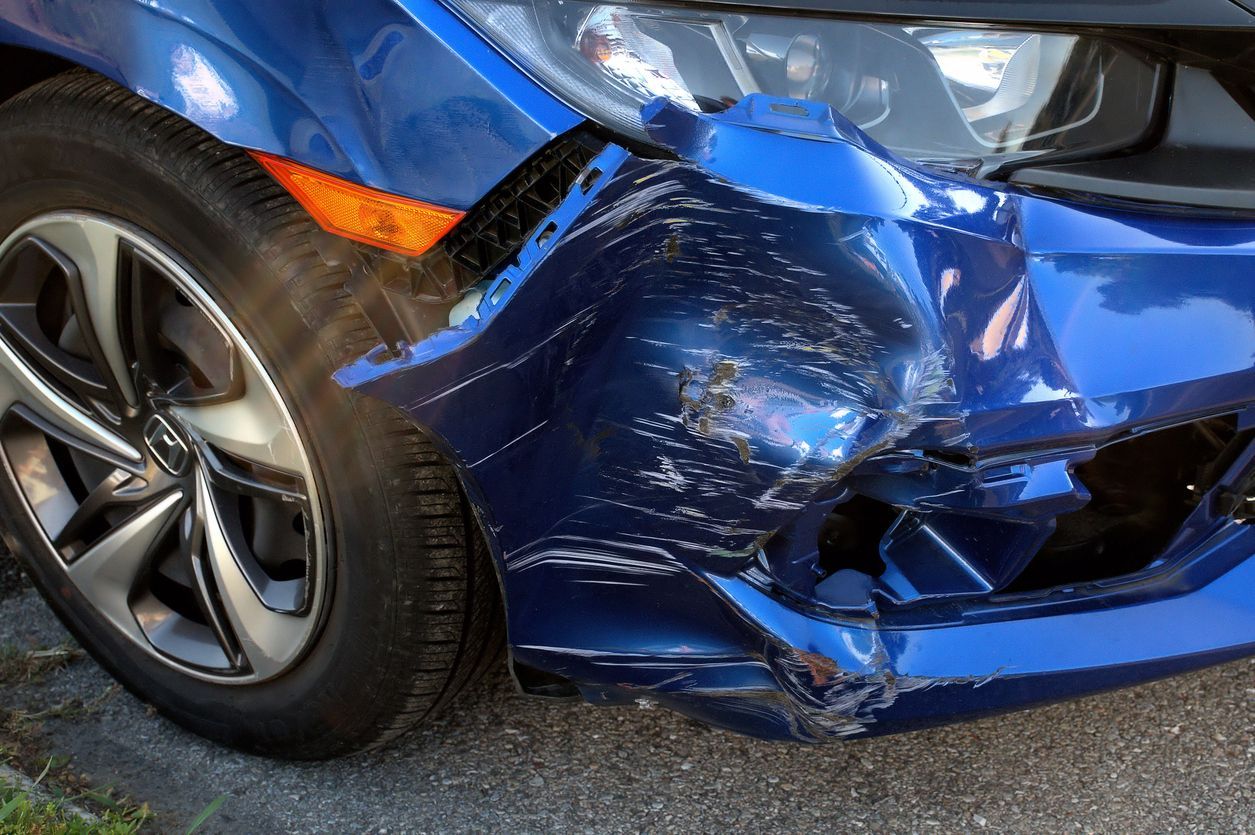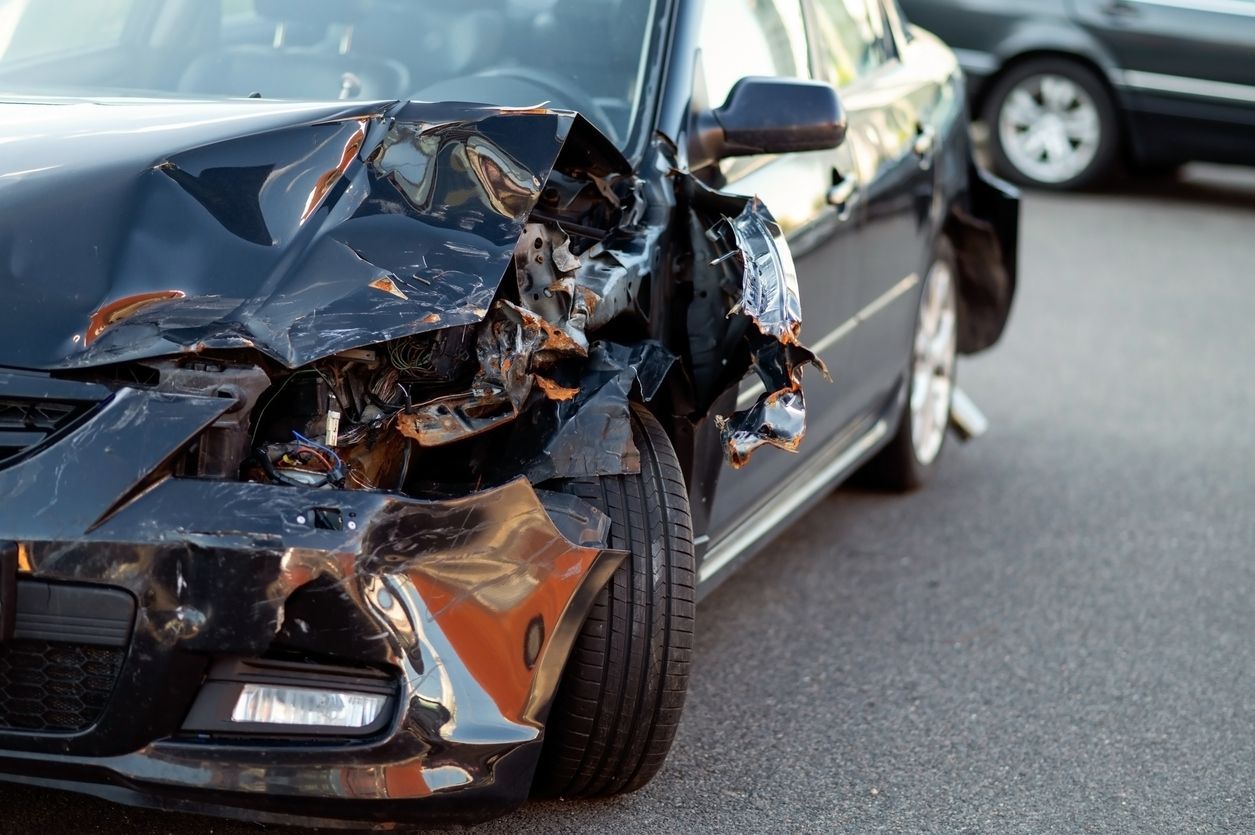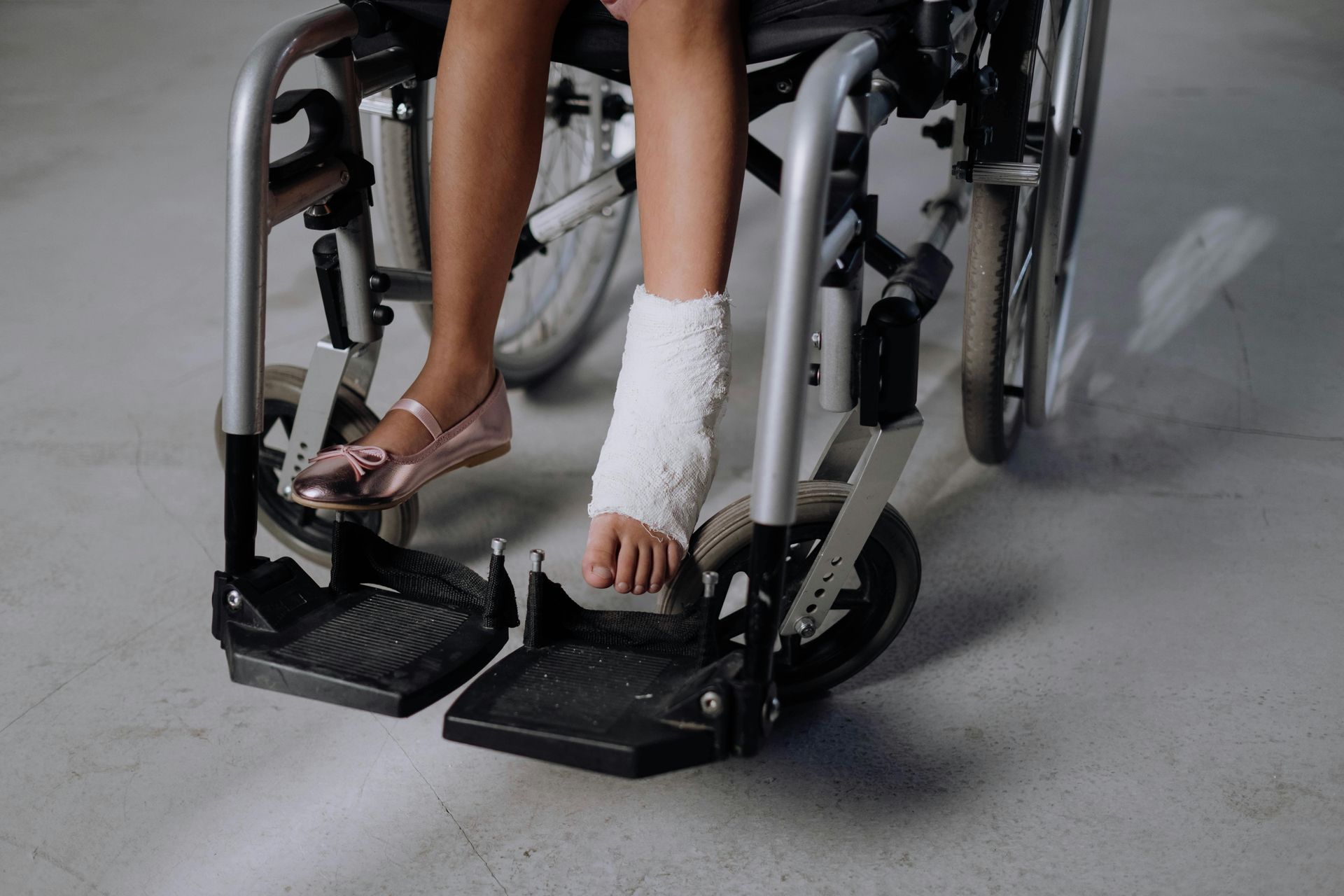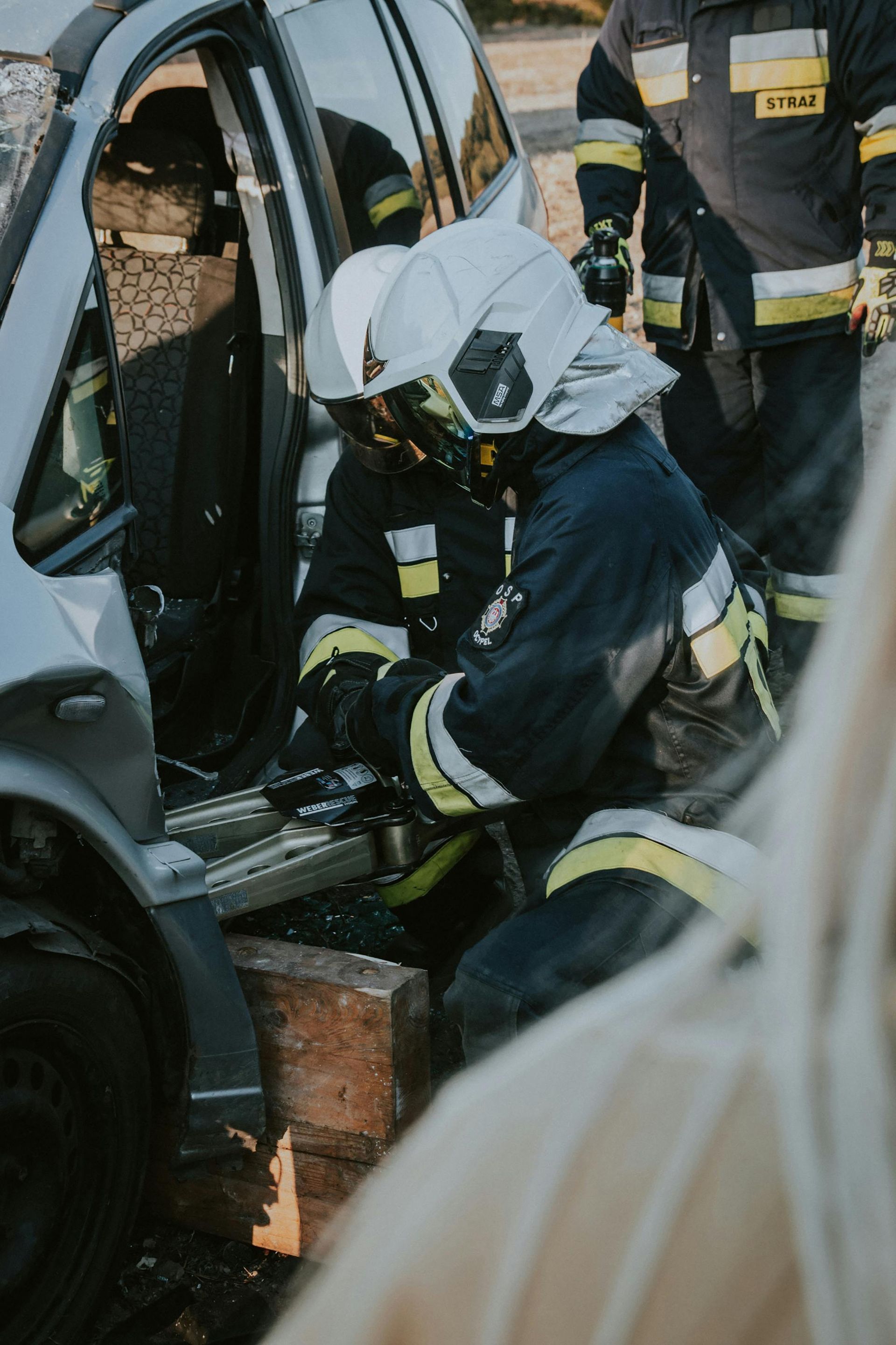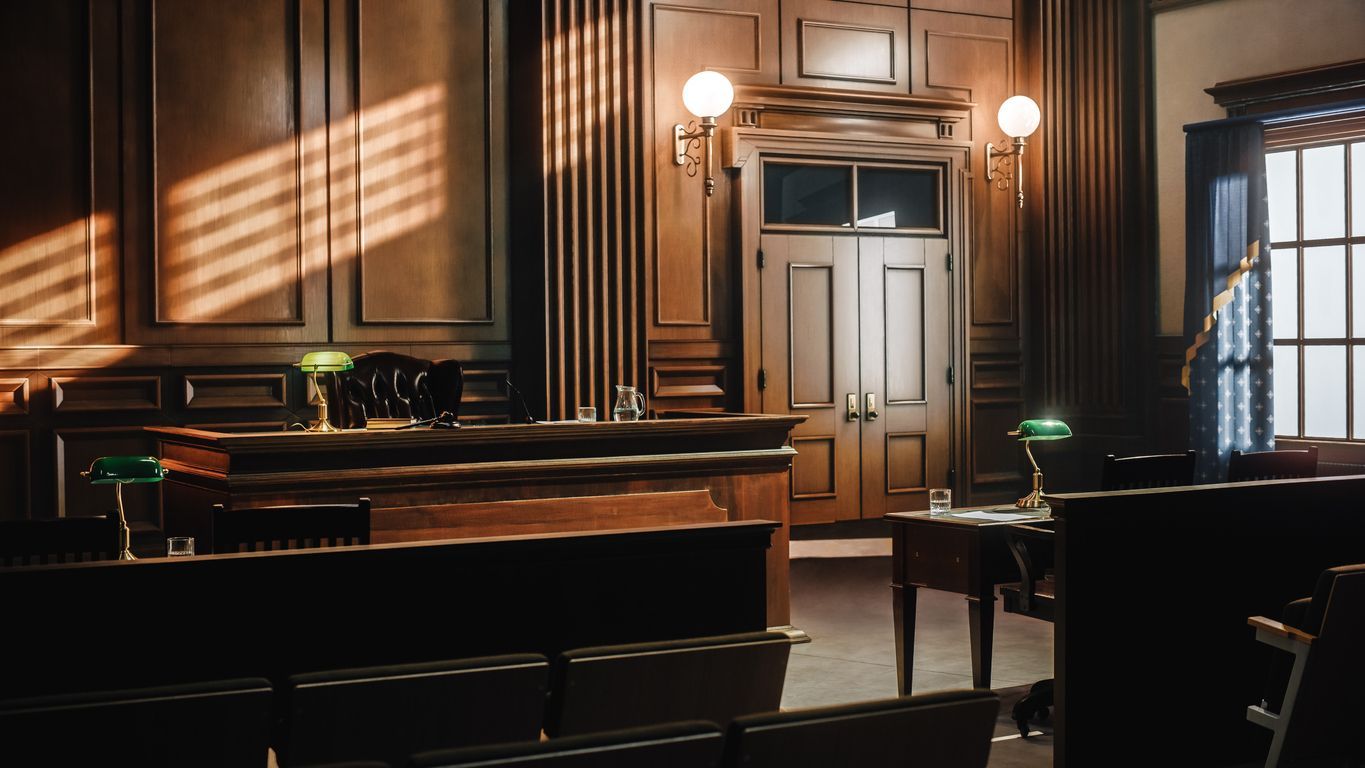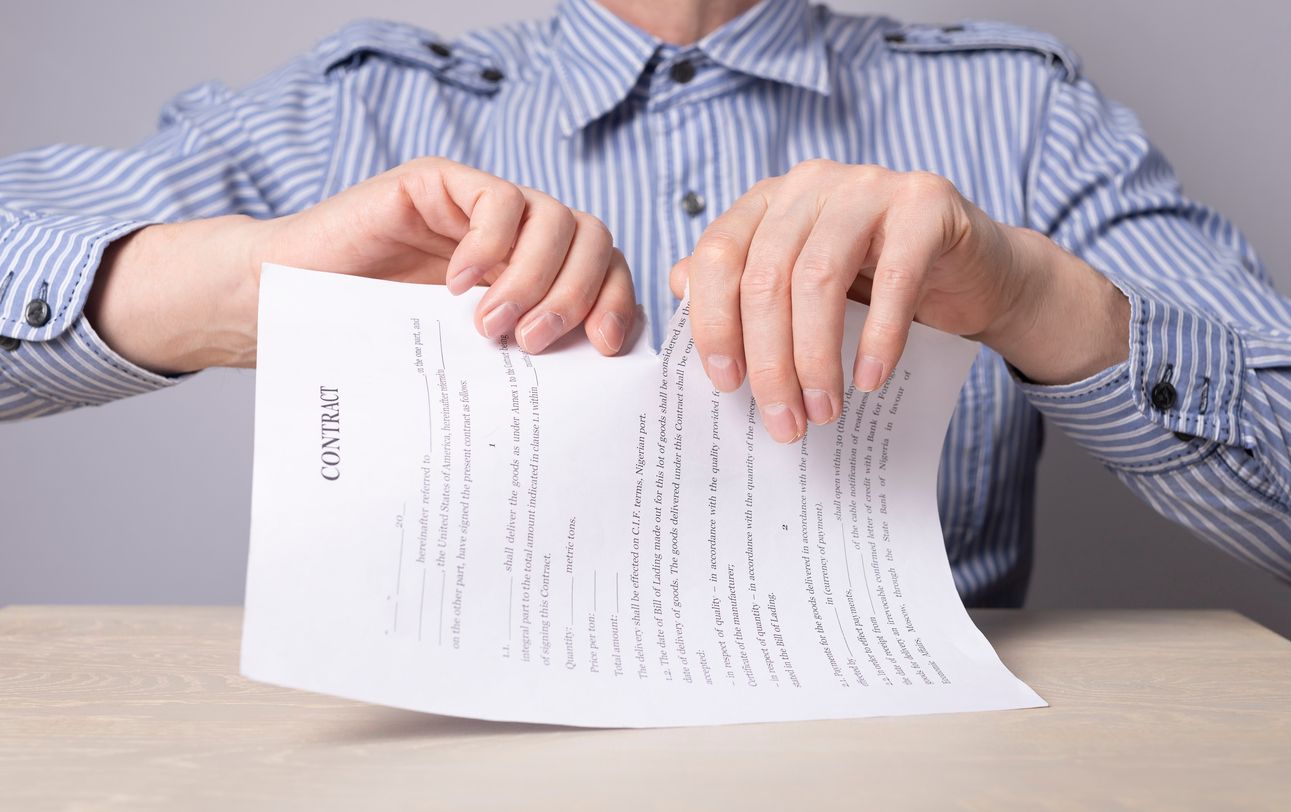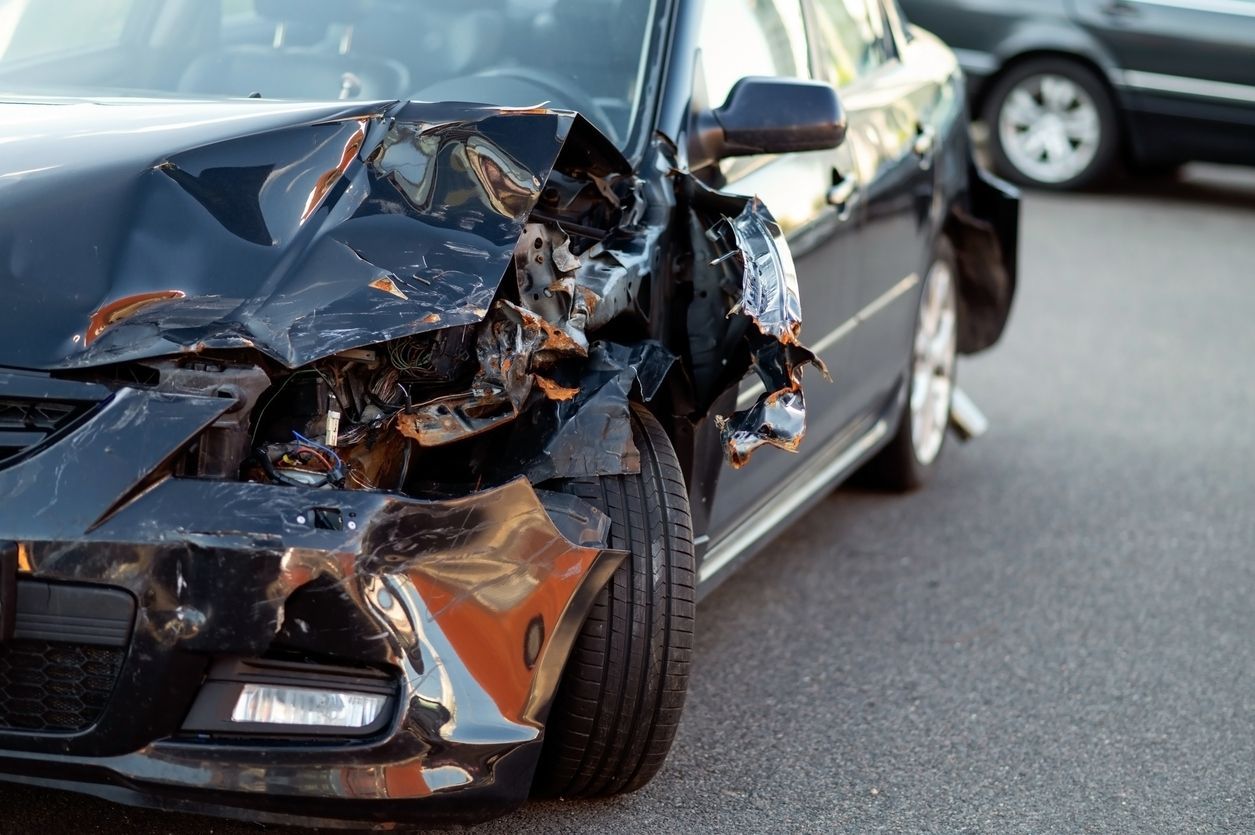Understanding Homeowner Liability for Pool Injuries and Deaths in Missouri
Finder Law Serves Clients Across Jefferson City, Columbia, and Central Missouri
Introduction
As summer temperatures rise in Missouri, backyard pools become a popular escape. However, with that enjoyment comes serious legal responsibility. Homeowners who own or maintain swimming pools must understand their potential liability if someone is injured or killed on their property. In Missouri, personal injury cases related to pool accidents often center on the concept of premises liability — a legal theory that holds property owners accountable for unsafe conditions.
In this blog, we’ll break down how Missouri law addresses homeowner liability for pool-related injuries or deaths, the legal duties of homeowners, and what injured parties or grieving families should know when considering legal action.
1. Premises Liability in Missouri
In Missouri, premises liability governs a property owner’s responsibility to maintain a safe environment. Liability depends on the status of the injured person:
- Invitees (e.g., invited guests, service workers): owed the highest duty of care.
- Licensees (e.g., social guests): owed a duty to be warned of known dangers.
- Trespassers: generally owed no duty, except in limited circumstances (notably, children).
This classification is crucial in determining whether the homeowner was negligent in allowing a dangerous condition — like an unguarded or poorly maintained pool — to exist.
2. The Attractive Nuisance Doctrine and Children
Missouri recognizes the attractive nuisance doctrine, which imposes a heightened duty on homeowners to protect children from hazards that are likely to attract them — swimming pools being a prime example.
Even if a child is trespassing, a homeowner can still be liable if:
- The pool is likely to attract children.
- The child is too young to appreciate the risk.
- The homeowner failed to take reasonable steps to prevent access (e.g., fencing, locked gates).
- The cost of preventing the harm was minimal compared to the risk.
Example: A homeowner who leaves a pool unfenced and uncovered in a neighborhood with young children may be liable if a child wanders in and drowns, even without an express invitation.
3. Negligence and Duty of Care
Homeowners owe a duty of reasonable care to guests. Negligence in the context of pool safety could include:
- Failing to maintain pool equipment (e.g., broken ladders or slippery decks).
- Not providing supervision during a party.
- Lack of safety features (e.g., fences, gates, pool covers, or warning signs).
- Allowing intoxicated guests or minors unsupervised access.
A successful personal injury claim must show that the homeowner
breached their duty of care, and that the breach directly caused the injury or death.
4. Wrongful Death Claims in Pool Accidents
If a pool-related accident results in death, surviving family members may pursue a wrongful death claim under Missouri law. Damages may include:
- Medical and funeral expenses.
- Loss of consortium, companionship, or support.
- Pain and suffering experienced by the deceased before death.
The statute of limitations for wrongful death in Missouri is generally three years from the date of death.
5. Missouri Pool Safety Requirements
While Missouri does not have a uniform statewide pool fence law for private residences, many local municipalities enforce ordinances that require:
- Fencing of a certain height (usually 4 feet or higher).
- Self-closing, self-latching gates.
- Covers or alarms on certain types of pools.
Violating these local codes can be used as evidence of negligence in a personal injury or wrongful death case.
6. Comparative Fault in Missouri
Missouri follows a pure comparative fault system. This means that if the injured party is found partially at fault (e.g., diving into a shallow end), their damages will be reduced by their percentage of fault — but they can still recover some damages even if they are 99% at fault.
This doctrine makes it important for both plaintiffs and defendants to carefully gather evidence and witness testimony to properly allocate responsibility.
7. Steps to Take After a Pool Accident
If you or a loved one is injured in a pool-related incident:
- Seek immediate medical attention.
- Document the scene (photos, witness names, homeowner’s information).
- Report the incident to local authorities, especially if there was serious injury or death.
- Contact a personal injury attorney experienced in Missouri premises liability law.
Conclusion
Swimming pool injuries and deaths are tragic — and often preventable. Missouri law holds homeowners accountable when they fail to take reasonable precautions to protect guests and children. If you or someone you know has been affected by a pool accident, understanding your rights and legal options is the first step toward justice and recovery.
Need Legal Help?
At Finder Law, LLC, we represent victims and families in personal injury and wrongful death cases throughout Missouri. With over 10 years of experience in this area of legal practice, we’ve helped hundreds of clients navigate the complex process of dealing with insurance companies.
This blog is for informational purposes only and does not constitute legal advice. For specific guidance, please contact our office directly.

